Conference "20 Years of MSCA in Croatia and Future Perspectives for Researchers Mobility"
Print page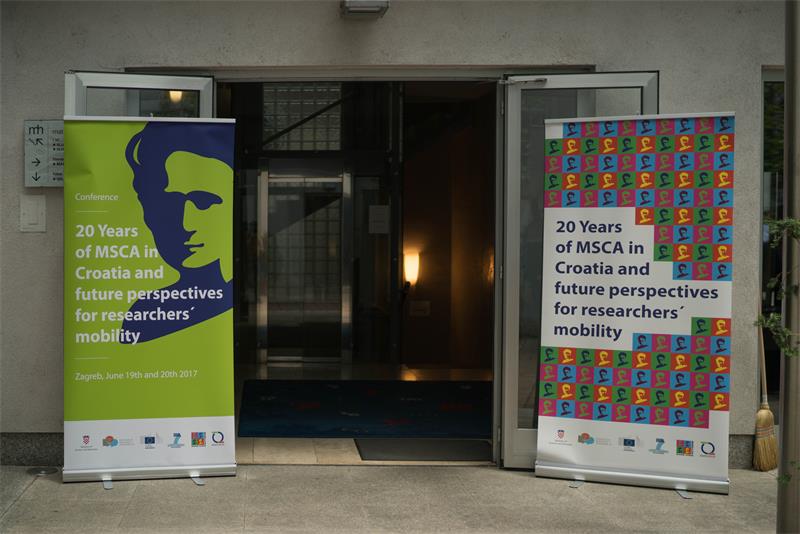
Ministry of Science and Education in cooperation with the Agency for Mobility and European Union Programs organized a conference "20 Years of MSCA in Croatia and Future Perspectives for Researchers Mobility" on 19th and 20th June 2017. The aim of the conference was to mark the 20th anniversary of Marie Sklodowska Curie Actions as well as the successful implementation of the NEWFELPRO - The new International Fellowship Mobility Programme for Experienced Researchers in Croatia.
NEWFELPRO is the first Marie Sklodowska Curie COFUND project in the Republic of Croatia, which financed 76 scientific projects of excellent researchers. NEWFELPRO has enabled mobility to Croatian researchers who have implemented their projects in this way at the most prominent universities and institutes around the Europe and rest of the world. Furthermore, the Croatian scientific system hosted foreign researchers increasing the visibility of Croatian universities and institutes. In five years of its implementation, the project has included 35 foreign and 25 domestic institutions, thus contributing to the strengthening of the European Research Area and further encouragement of scientific excellence. It is also important to emphasize that NEWFELPRO is 100th MSC COFUND project and the first COFUND project implemented in Croatia and in the region of Southeast Europe.
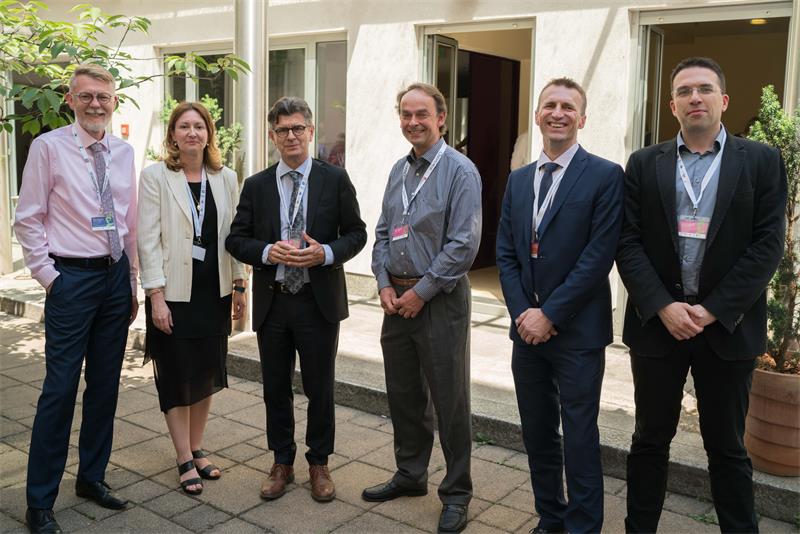
During the two-day conference, the representatives of the European Commission, representatives of R & D bodies from different European countries, researchers and administrative staff involved in MSC actions presented their recommendations, opinions and experiences on implementation, financing and practice of successful MSCA projects, along with the internationalization of scientific career and working conditions for researchers. NEWFELPRO's contribution to providing support for the implementation of excellent research, the development of international networks between individual researchers and research institutions as well as the provision of top-level research in areas of interest to the researchers themselves was highlighted. Some researchers showed the social impact of their research in national and local context which motivated them to continue their work. The wider impact of MSCA on research systems from the perspective of policy-makers and experts, including how countries have succeeded in improving their performance was also highlighted. In Croatian context, NEWFELPRO's experience had a significant impact on the research system in terms of internationalization, improvement of legislation, procedures and inter-ministerial coordination, as well as raising awareness in the research community about the value of international mobility for quality research.
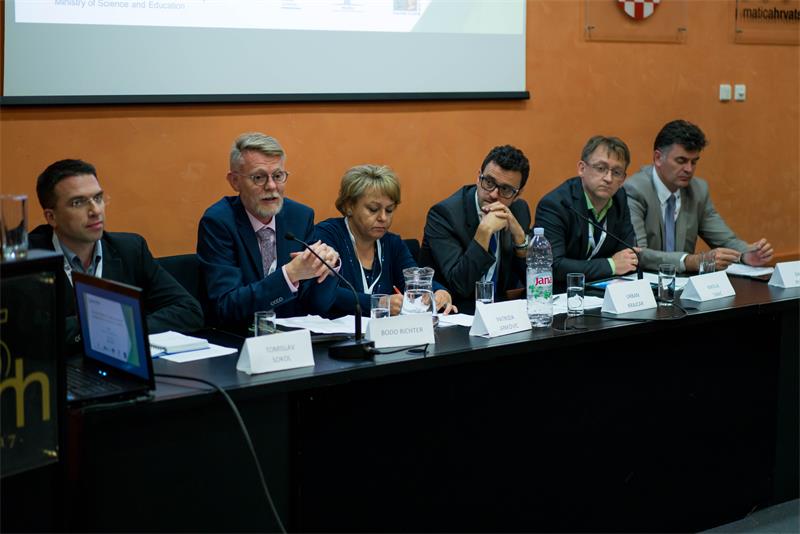
Conference also provided a platform for discussion on many challenges in regards to participation in Horizon 2020 and specific MSC actions. Many countries have faced challenges in writing successful project applications due to the high competitiveness, timely national funding, and the challenges of a technical nature of implementing related to intellectual property rights, securing synergy, etc. However, as one participant said, all these challenges can be seen as a way to improvement or as obstacles that, once removed, can greatly improve the national research system.
During the conference, successful stories of countries that have achieved excellent results in MSC actions have been exhibited. For example, the Czech Republic has managed to achieve impressive results with a large investment in research infrastructure in Brno (700 million euros), which has created attractive working conditions and resulted in an increase in a number of international researchers coming in of which 60% remained in the region. On the other hand, Spain does not see its impressive success in the MSCA as a direct consequence of a large increase in investment, but as a result of a strong political commitment to improving research results and supporting structures in this area.
Also, it was discussed the structure and content of the various programs within the MSCA and the wider context of Horizon 2020. Furthermore, a special emphasis was put on the "seal of excellence" and the Swedish model of the application of this instrument was presented. Participants agreed that the European Commission should consider the model of granting MSCA certificates to projects supported by national funds through this instrument as some researchers reject the possibility of participating in national schemes preferring the „prestige“ of the MSCA label.
Representatives of the Croatian Ministry of Science and Education discussed the national results of the Horizon 2020 and the Croatian perspectives for FP9. Mr. Krajcar from the Slovenian Ministry of Science, Education and Sports talked about the gap in the path towards FP9. Also, some interesting comparisons have been made regarding the implementation of COFUND in FP7 and H2020.
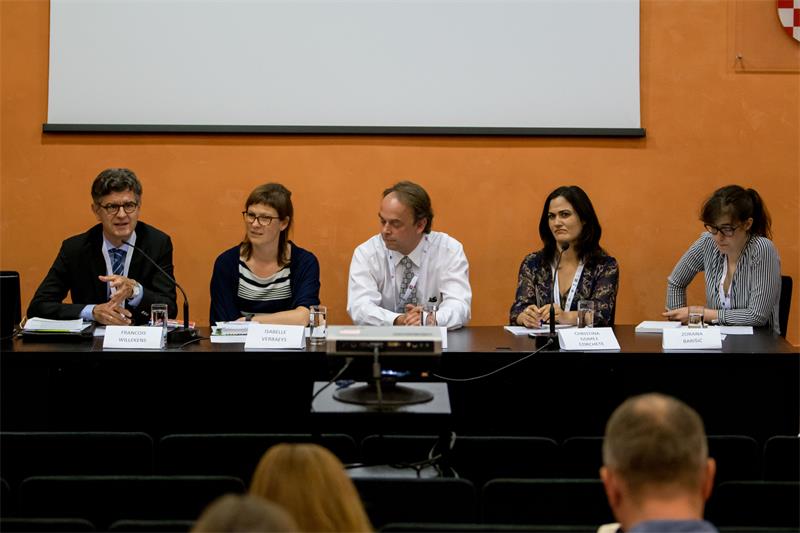
One of the key themes of the conference was the "widening participation" in Horizon 2020 (with an emphasis on MSCA). Namely, „old“ member states participate more than the „new“ member states, which raised questions about the reasons behind this and and the best ways to address this problem. This topic was specifically dealt with during the roundtable with representatives of Croatia, Serbia, Montenegro, Slovenia, Austria and European Commission at the end of the first day of the conference. As Mr. Bodo Richter from the European Commission said, it is very important for Member States to engage in actions that would help address these issues. One of the key points mentioned in the round table was the issue of developing a special strategy for expanding countries and introducing national quotas. Although consensus has been reached on how Member States and their institutions have certain advantages when applying for funding and how research institutions in wider countries, including Croatia, may be less attractive to foreign researchers, it was noted that national quotas and special strategies are not necessarily the right path because these could result in even greater inequalities. However, countries in the region should work to attract more foreign researchers to their institutions, and the differences should be resolved at national level. As for Croatia, some of the key challenges, low mobility of researchers and their poor knowledge of available resources and programs have been identified, ultimately resulting in low rates of application, which is also a problem in neighborhood countries.
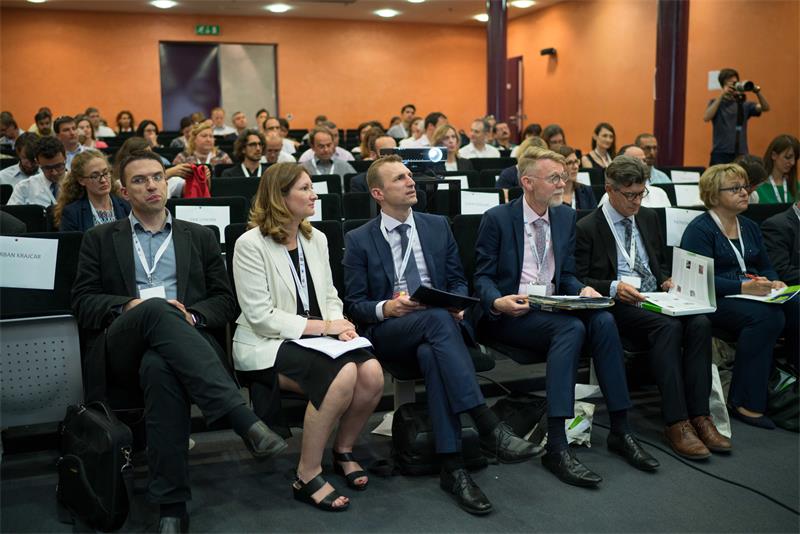
The conference facilitated the exchange of experiences and contacts and will serve as a platform for future MSCA program planning and projects.